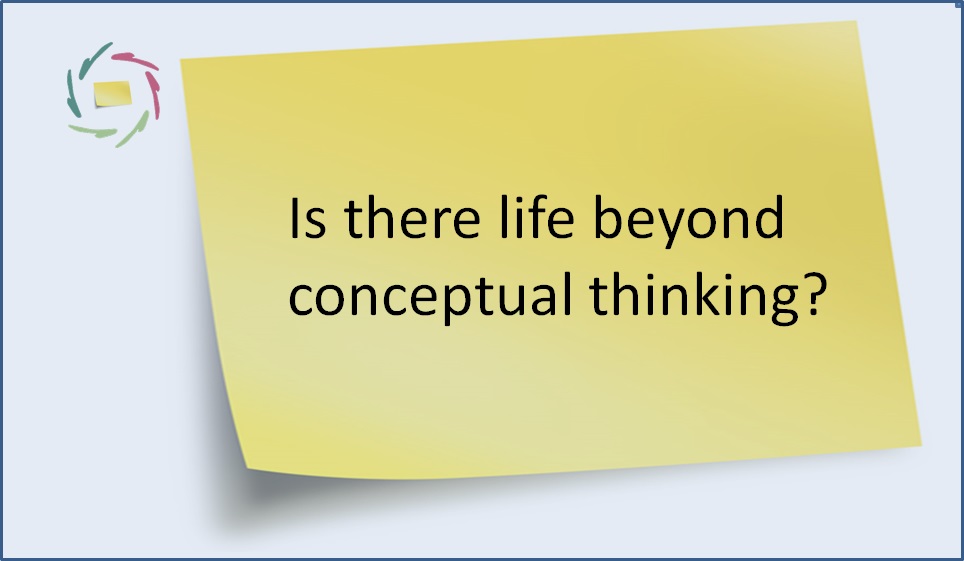The Autonomy and the Meaning

To be autonomous. To be an individual. To be alive. Indeed, autonomy is needed to be meaningful, to be anything at all. Then, there is more.
Let’s start with the beginning.
To be meaningful, one needs individuality, autonomy.
Any living being strives towards autonomy.
A thing has no autonomy. Chaos has no autonomy. Within its realm, which is what we are talking about, life is neither about things nor chaos. Living beings are entities that do stuff in order to, well, keep living in the first place. Being alive is the essence of life. Living beings do things that don’t just happen. They do things that have a purpose, that are meaningful.
Even a bacterium does things that keep it alive, therefore, are meaningful.
No wonder that people also need autonomy.
The meaning of life is to live, to feel alive, to be conscious of feeling alive.
Without life, one is dead. Without meaning, one feels dead even while living. That is a full-blown depression.
Thus, meaning needs autonomy. Also, autonomy needs meaning. Without meaning, what would be the meaning of autonomy? Why would anyone want it if there is no why?
In the search for meaning, one can be very intent on autonomy. But there is more to it. Meaning is a complex concept. An important distinction to me is between meaning and deep meaning. [see: “The Meaning of Meaning“]
Deep meaning requires autonomy and depth. To whom depth is essential, simple autonomy is not enough.
Does deep autonomy come with deep meaning?
I think so. Autonomy itself can have depth. To reach that, mere-ego needs to grow, which is not always easy and especially not straightforwardly heightening mere-ego-autonomy. It can even be the reverse: To such ego, everything outside itself seems alien.
Also if it is part of a total person.
This can lead to much auto-aggression, causing anxiety, depression, untoward projections on other people. Freud’s psycho-analysis already pointed to this. I think he was right.
Therefore: the autonomy, the meaning, and the reality
We are like islands in the ocean. On each island, a person runs around giving attention to this, to that. The person owns the own isle to the degree that he thinks he is the island. Each person/island defends it – as some private territory – against other islands.
You may recognize in the person a mere-ego.
The reality is that islands are mountain tops. Entities are not islands but mountains. Go deeper, and you see more and more that the mountains are connected until you can notice that it’s all one earth.
We may still defend our above-ocean-level islands. There are many perspectives upon reality. There is one reality.
In deep autonomy, a person can be Compassionate.
Compassionate with a capital C because this is about mountains.
It is the autonomy of choosing to act to other people’s benefit without feeling that this would detract one’s self-worth. Paradoxically, in such cases, it enhances one’s self-worth.
Freedom. No coercion. The freedom to feel others’ sorrow and joy in a truly uplifting way to the heart, therefore to the whole island.
There is no mellowness involved. If there is, it’s not deep autonomy.
It is the freedom – and the strength – to keep fighting for the earth.


